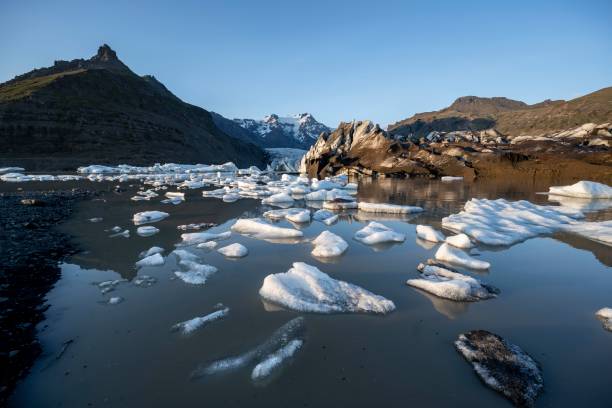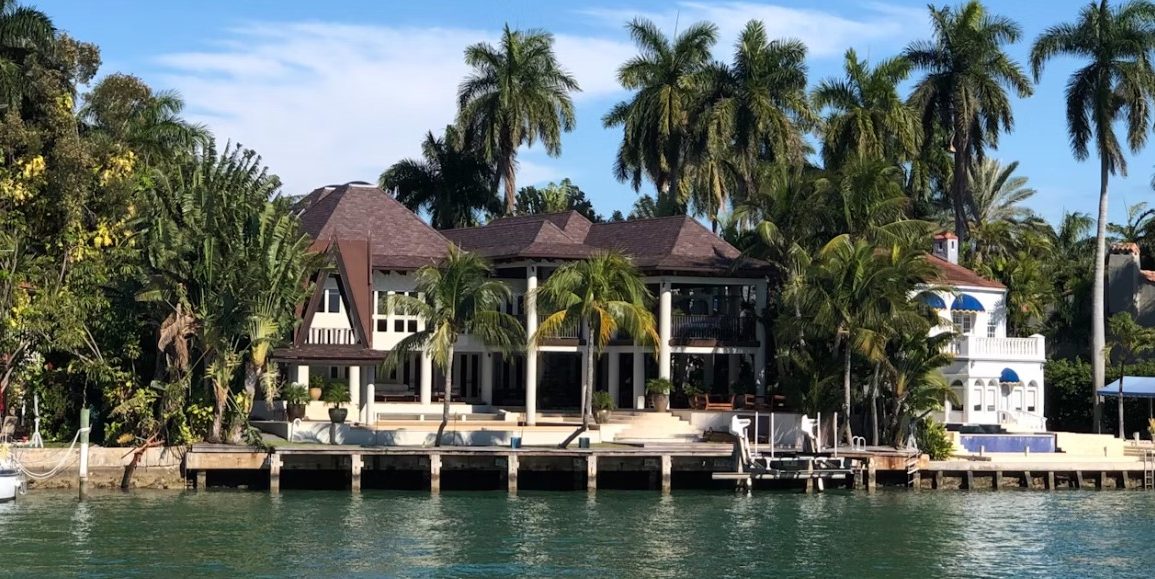A family of Floridian property developers is seeking buyers for the most expensive home in the US, listed at $295 million. The property, located on Gordon Pointe peninsula in southwestern Florida, extends into the Gulf of Mexico. Purchased for just $1 million in 1985 by financier John Donahue, it was originally a remote natural spot with a small cottage.
Donahue transformed it into a luxury compound featuring three homes with yacht parking and other high-end amenities.
Despite its appeal, the property faces significant risks: the area, Port Royal, is highly susceptible to flooding due to rising sea levels, which are increasing three times faster than the global average, and frequent hurricane damage. As a result, obtaining home insurance in the area is costly, and potential buyers should be cautious.

In a related development, global climate change is advancing, with the planet having exceeded a 1.5°C rise above pre-industrial levels over the past year. Extreme weather events, including fires and floods, are becoming more common.
Additionally, there is a concern that global warming could trigger a sudden cooling in northern Europe if the Atlantic meridional overturning circulation collapses.
This system, crucial for moderating European temperatures, could cause temperatures to drop by 1°C per decade once a tipping point is reached. Predictions vary, with some suggesting this could happen mid-century, while others think it’s unlikely before 2100.
Meanwhile, misinformation continues to spread as Ofcom, the UK broadcasting regulator, has allowed GB News presenter Neil Oliver to falsely claim that COVID-19 vaccines cause “turbo cancer” in children, despite over 70 complaints. This ruling highlights a troubling disregard for scientific accuracy in media.
Lastly, the offshore wind industry faces challenges. Ørsted, a leading Danish wind company, has cut its 2050 installation targets by a third and is reducing its workforce.
Rising costs and regulatory delays are contributing to the sector’s struggles, potentially hampering efforts to expand renewable energy as required to meet global climate goals.

